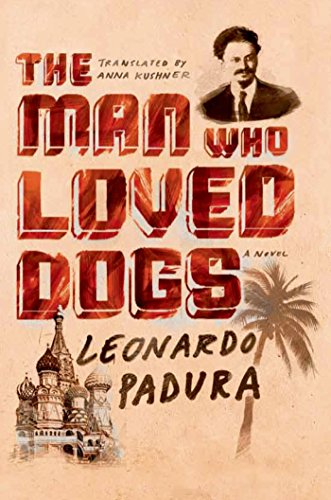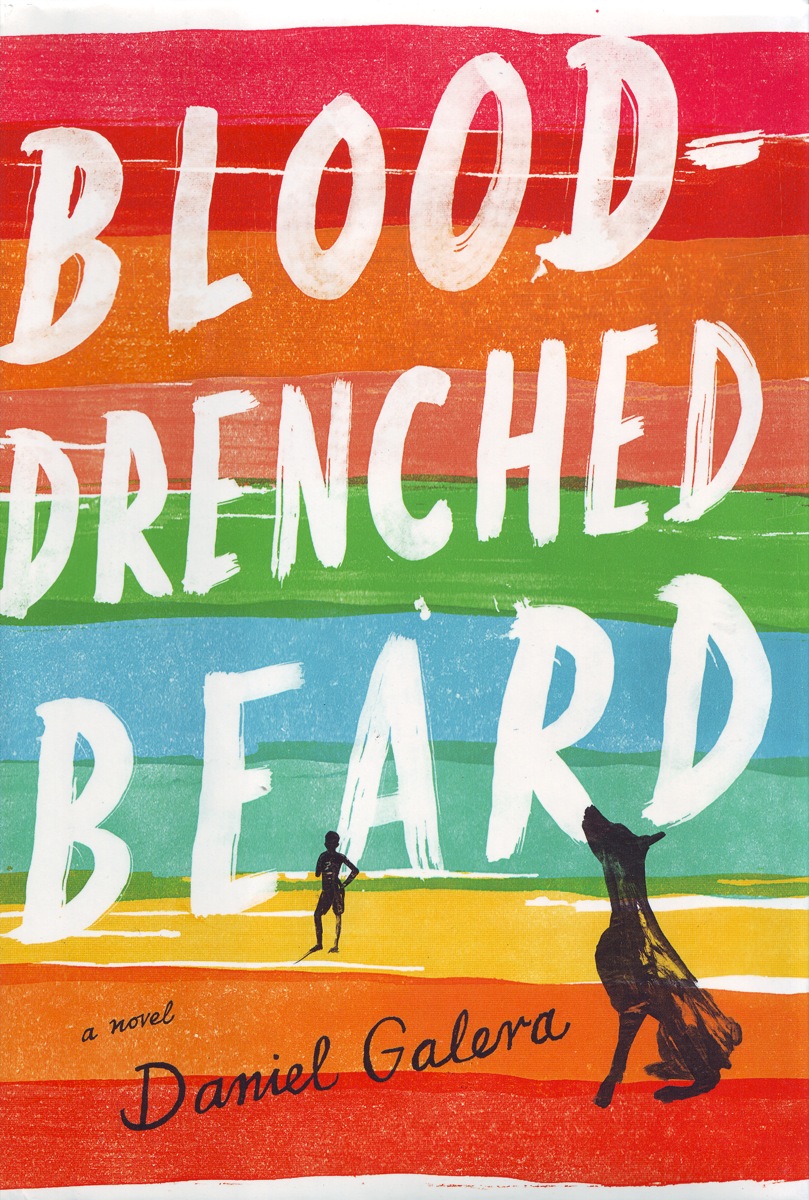Book Review: The Man Who Loved Dogs
Let’s be honest, I read this book for three reasons:
- I love the title, because I too, love dogs
- I wanted to read something to feel smart
- Thank god it is a paperback or I wouldn’t buy it.
I was perusing the stacks at Book People in Austin on our recent trip and ran across The Man Who Loved Dogs, on an “Author’s Recommend” shelf. As I mentioned, that title and the back cover jacket was perfumed with praise and compared the book's importance to Garcia Marquez, Vargas Llosa and Tolstoy, two of which I love for real and one I should, plus it mentioned a noir sensibility. I was hooked, congrats to the marketing department of Farrar, Straus and Giroux, great job. I would have bought this book even if I never planned on reading it.
Leonardo Padura’s story of the assassination of Leon Trotsky by Ramon Mercader, starts not in Russia or Spain, but with a frustrated writer returning from his partner’s funeral lamenting his inability to write the book he should, because as he can not admit to anyone but the deceased, his fear. As the book progresses, writer's block and self doubt weaves it way through the story. Those who have it and the hubris of those who don’t; those who fear the stories of themselves and those who write their own identities to become something else for years: monsters, sinners, saints, killers and lovers.
Starting on the Steepes of Russia on the way to exile in Turkey, Norway, France and finally Mexico, Trotsky watches the killing of his friends, family and revolution from afar with his wife and beloved Borzois. Alternating between the chapters, Padura follows Mercader from the Spanish Revolution, and his childhood love of dogs to his icepick moment with Trotsky and the story of the Ivan, the Cuban writer who cannot write that meets a mysterious man on the beach running his Borzois who tells him the story of Mercader.
Paced like a mystery novel, except for some early chapters where I was under the influence of a prescribed bit of codeine (magical realism?), the 600 pages work their way through efficiently. While this book is often compared Love in the Time of Cholera, which it can stand next to in quality and scope, The Man who Loved Dogs is akin to Dennis Lehane’s The Given Day where a large and complicated historical novel is rendered in the spare efficiency of great storytelling associated with mystery writers.
Ivan’s story starts out puzzling as you begin the book, he appears to be only a section of an unreliable narrator just there to add mystery. As his story unfolds and the struggles of his writing, his care of dogs, the fading of the revolutionary principles counterbalance the clarity that both Mercader and Trotsky bring in the political thoughts—smallish ideological differences sowed into large divisions of powers that have sunk their revolutions and themselves.
The characters who understand dogs and find that connection begin to understand some basic level of humanity. The heartless view of dogs sets is for those who would destroy everything for to opportunity to be ideologically pure or are just awful.*
Having read three of Padura’s crime novels in the last month, I can now see what a fantastic translation that Anna Kushner did. While his other books can be a bit clumsy in their interpretation of Padura’s written Cuban idiosyncrasies, Kushner’s translation is smooth and poetic; sharp and detailed. Padura's writing is more thoughtful and less abrasive in this book, which I am sure has as much to do with himself, the main character in the crime books is very flawed.
After finishing I found myself digging through my college brain (so cloudy, time flies) and then giving up and researching the actual story of Trotsky’s assassination. This book is remarkable and waiting to connect the story to “real life” made it even more so. The appearances of Frida Kahlo and Diego Rivera are vivid portraits from what is known about them historically and Padura’s assigning their motivations feels accurate. And Stalin. As hard as it is to believe, Stalin’s evil feels worse when accompanied by his personal pettiness which added another level of insanity and cunning. As such, Padura has written the eulogy of a revolution that failed at the hands of men (and really, mostly men) all while he was living in Cuba. Unlike the failed and scared writers that populate his books confidently brings a story to life.
*Listen, I hate dead animals as plot points and this book avoids the voyeuristic act that is the suffering of dogs to advance a plot, but there is a quick death of stray by an ancillary character, which does make sense in the wider world of the book.

Recommended: July 2016







